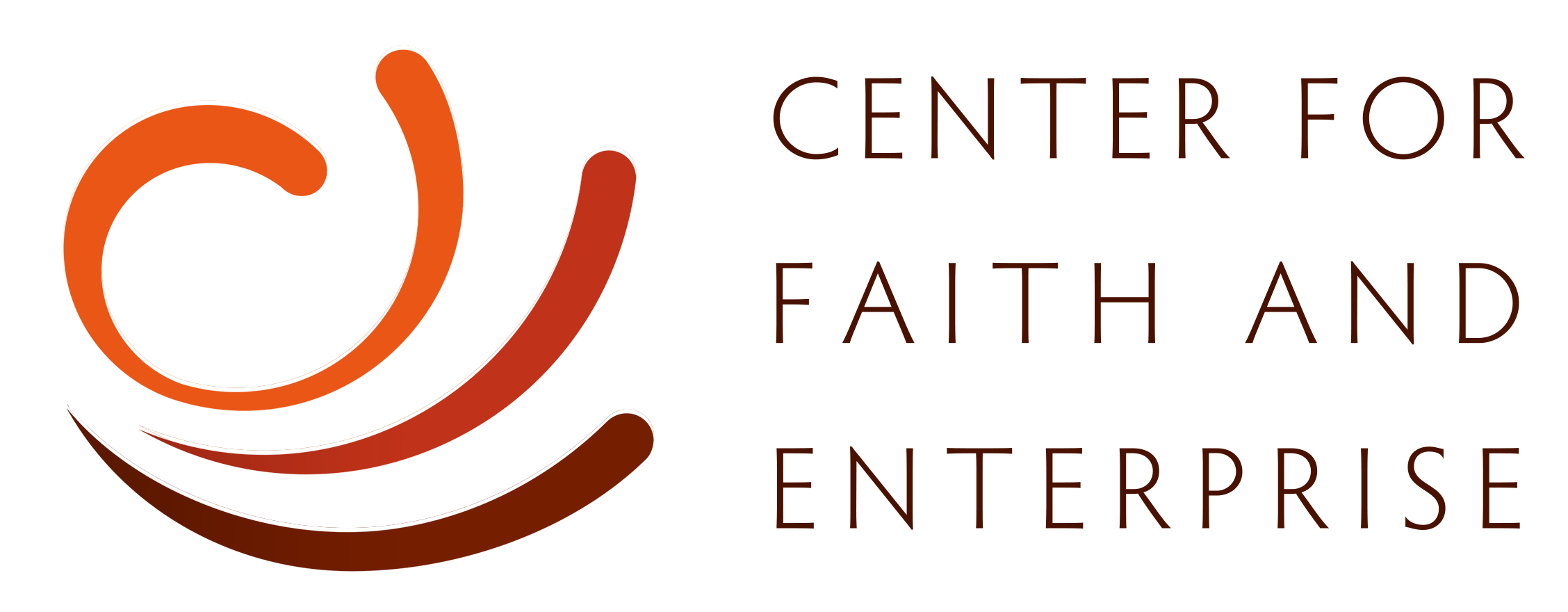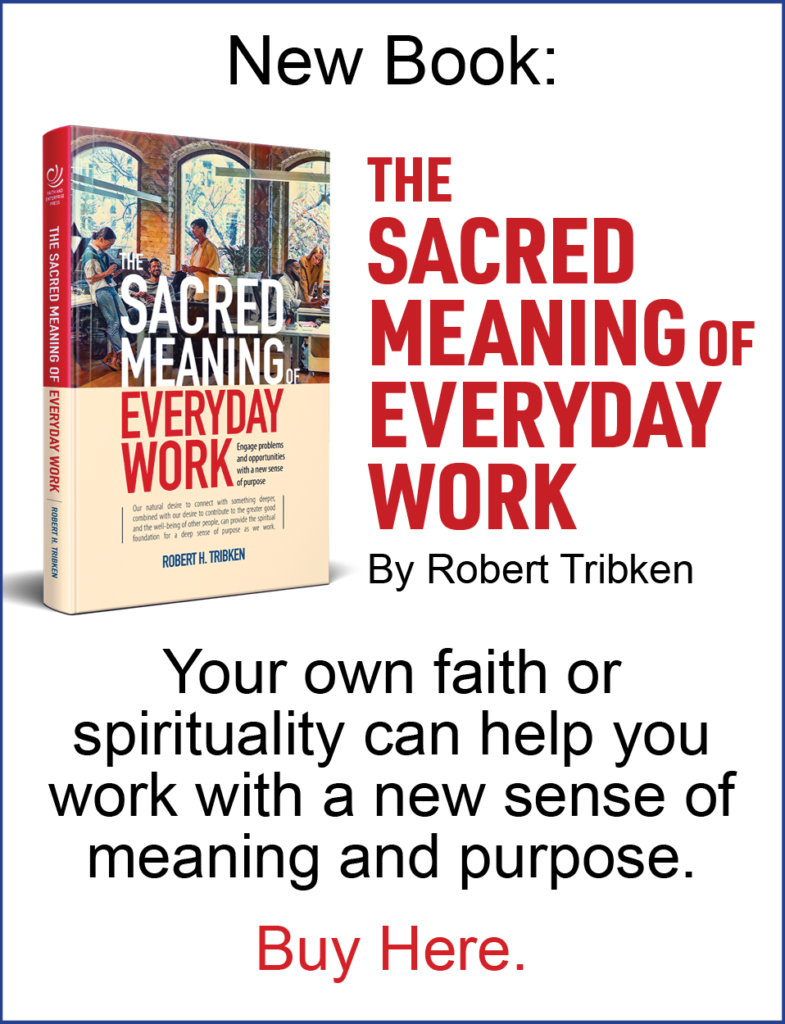
Join us as we explore ways to seek spiritual renewal in our work lives. We cover topics such as spiritual practices for the workplace, finding purpose in our work, dealing with workplace stress and other forms of workplace toxicity, spiritual aspects of leadership, and others. We hope you will join with us in this quest!
The Story of Pentecost
![]()
Deepen Your Spiritual Engagement As We Wait For Pentecost
Pentecost is one of the most important events of the Christian calendar and is only a few days away.
As we head towards Pentecost on June 8, we can spend time each day waiting and praying, like the Apostles. And then we can head back into the world, perhaps inspired with renewed hope and a deeper sense of mission as we return to our work.This year, we are offering a recorded reflection as a way to help you prepare for Pentecost. Also available is a guide that comes with a transcript and scripture citations.
Holy Week Day by Day
 Holy Week is a time of high drama as Jesus heads into the final confrontation. The tension builds day by day until it ends in Jesus’ death and resurrection.
Holy Week is a time of high drama as Jesus heads into the final confrontation. The tension builds day by day until it ends in Jesus’ death and resurrection.
This year we are offering a daily series of recorded reflections that help us engage the story of Holy Week by following Jesus day by day.
Liberate the Human Spirit!
 Some workplaces seem designed to crush the human spirit, others to liberate it. The difference is usually obvious.
Some workplaces seem designed to crush the human spirit, others to liberate it. The difference is usually obvious.
This raises the question: how might we encourage workplaces where people are happier and more alive, purposeful, and engaged?
There are several ways to think about this. One is through the lens of an area of psychology known as Self Determination Theory. You can find more information
here.
The Power of Integrity in Our Work Lives
 Integrity involves being in alignment — our words and actions are in alignment with our values and who we are at a deep level. As the story of Joseph and Potiphar’s Wife suggests, integrity can help us through the tough times and be a source of strength and resiliency in our work lives.This story is from the Biblical book of Genesis, Chapter 39, and takes place after Joseph has been kidnapped by his older brothers and sold into slavery in Egypt.
Integrity involves being in alignment — our words and actions are in alignment with our values and who we are at a deep level. As the story of Joseph and Potiphar’s Wife suggests, integrity can help us through the tough times and be a source of strength and resiliency in our work lives.This story is from the Biblical book of Genesis, Chapter 39, and takes place after Joseph has been kidnapped by his older brothers and sold into slavery in Egypt.




